






















Back in the 1980s Mark & Mo Constantine had dreamt up and developed a range of herbal beauty products that they would mix and pot in their own kitchen. With the help of friend and business partner Liz Weir this tiny business became successful, with thanks in no small part due to the involvement and patronage of Anita Roddick of The Body Shop. They created Cosmetics and Go. A company created on the foundation of ethics and environmental concern on which Lush now stands. Cosmetics and go however dissolved in a few short years.
The echoes of the Cosmetics to Go ethos is embodied in how Lush has progressed and how it continues to do business. A campaigning company, still proud to swim against the tide supporting groups and causes that it believes in, still fighting against animal testing and working on preservative free cosmetics. The creativity remains unfettered by industry trends or outside influences and thrives on passion, innovation and the excitement of the next invention.
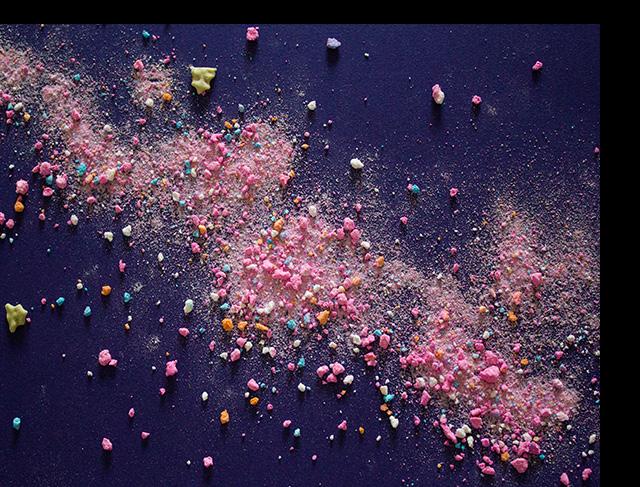
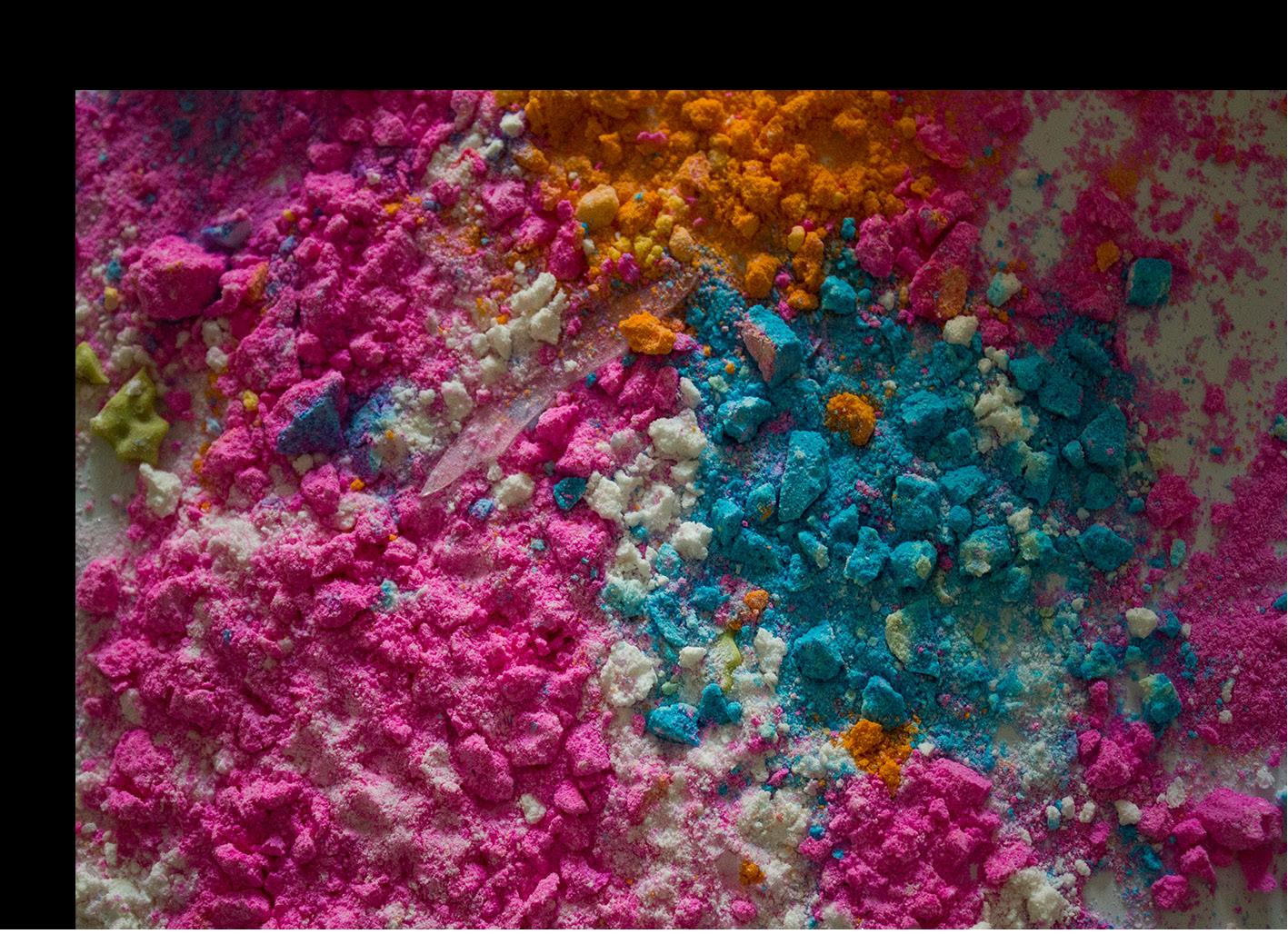
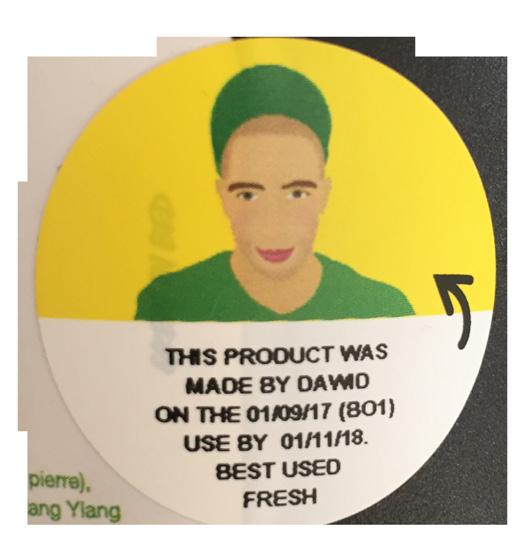
he first thing most people notice about Lush is the smell.There’s no escaping it in the shop most famously known for its candy-colored bath bombs. Cheese-shaped wedges of soap, as well as shampoo and deodorant, are nestled between black pots that boast names like “Jasmine & Henna Fluff Eaze.”
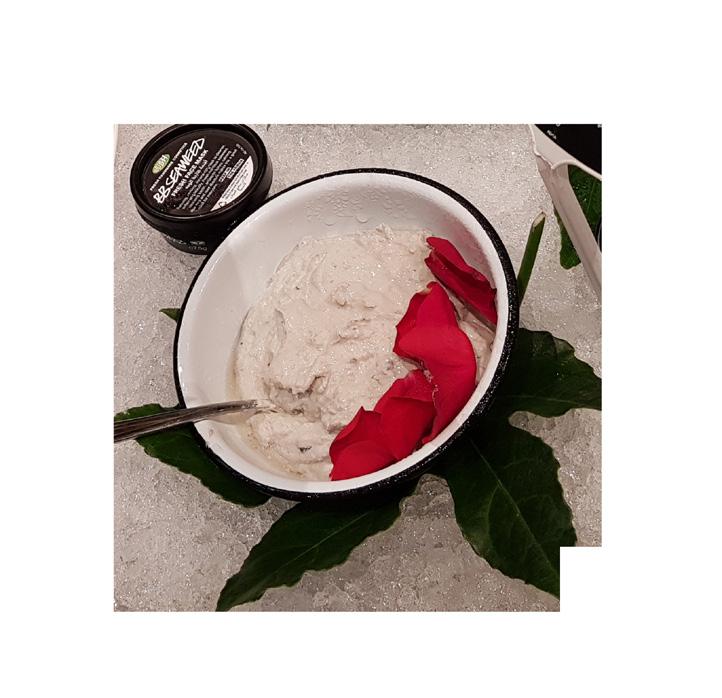
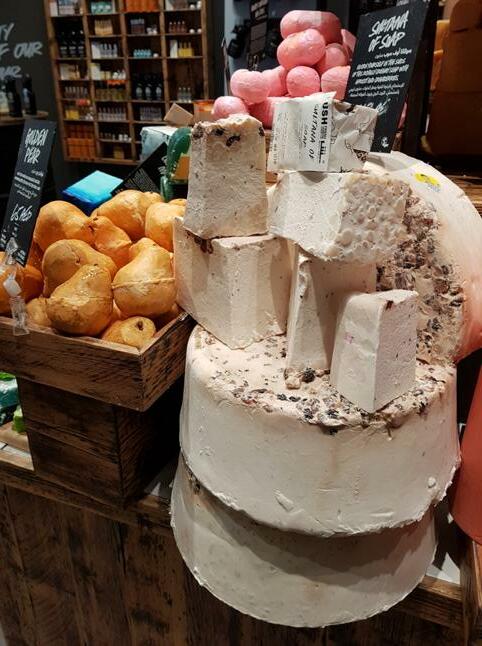
The handmade products have minimal packaging, but they do bear stickers with illustrations of the smiling factory workers who made them.The hovering staff are enthusiastic to sell not only these wares, but the joys of “living the Lush life.”
The UK-based company believes in “long candlelit baths, sharing showers, massage, filling the world with perfume and the right to make mistakes.” It also ardently believes in blockading a runway at London’s Heathrow airport to protest planned expansion, occupying Westminster Abbey to oppose cuts to disability benefits, and campaigning fiercely against border controls.
Staff members once tried to board a train to France using a travel document called the “world passport.”And it’s not just in the UK.
The company, which generated a turnover of £574 million ($800 million) last year and a pre-tax profit of £31.3 million, now has 940 stores in 50 countries around the world. Mark Constantine, cofounder of Lush, doesn’t shy away from his company’s association with such campaigners.These small, grassroots groups are in line with Lush’s values—protecting the environment, preserving human rights, and promoting animal welfare, he tells Quartz. They are“concerned citizens” who are “absolutely central to what society is all about.”

So how did a for-profit cosmetics company become a huge backer of direct protest both in the UK and abroad?
Effective tax rates in the U.K.

onstantine describes himself as an “intense” person growing up. If there was something he could lecture you on, he probably would. He would fast on Christmas Day to protest the holiday’s excess and then donate money to charity.
His first and last vehicle was a scooter, but when he saw a friend crash one into a van, he decided to stick to a bike.
(He still cycles to work.)
He first got interested in hair and cosmetics when he was 14, and got his big break when he met Anita Roddick, the founder of the Body Shop, a rival bath-products company that was one of the first businesses to pioneer ethical consumerism. Roddick, who died in 2007, donated her entire £51 million fortune to charity. After sending some samples to Roddick, Constantine quickly became the Body Shop’s largest supplier. Roddick would go on to buy him out in the early 90s for £6 million. Constantine and his wife Mo funneled the money into Cosmetics To Go—a mail-order company that went bust within a few years. The Constantines weren’t down for long, however. They, along with four other co-founders in 1995, put all their effort into building Lush, which luckily for them, turned into a massive hit. The Constantines weren’t down for long, however. They, along with four other co-founders in 1995, put all their effort into building Lush, which luckily for them, turned into a massive hit.
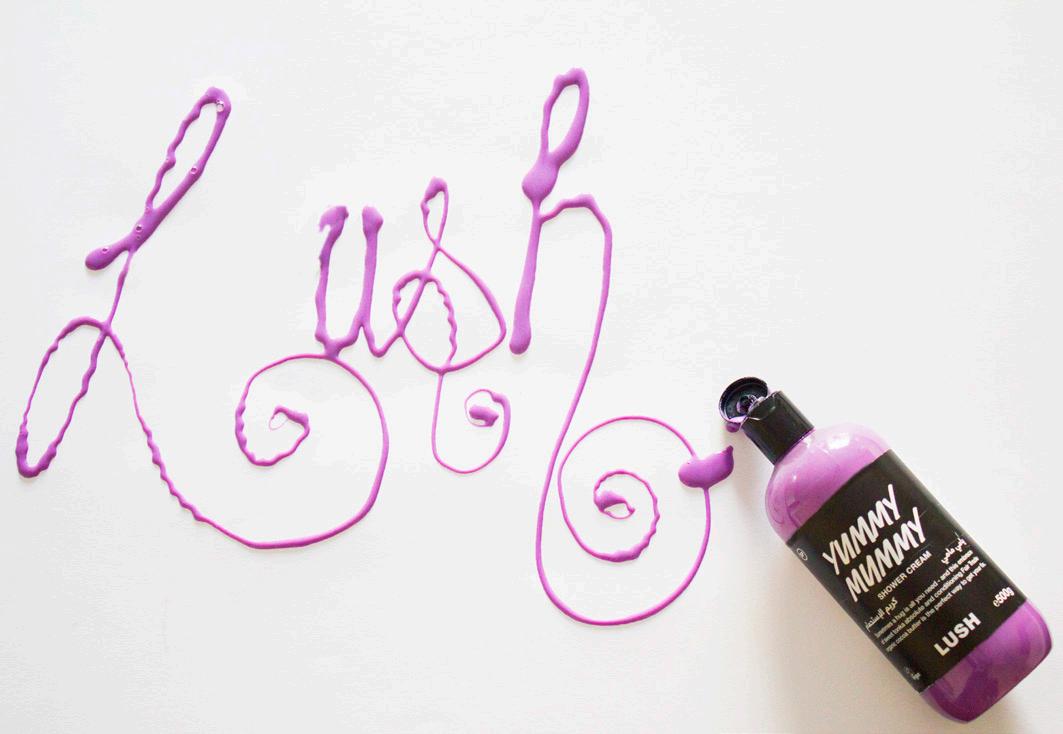

Constantine was keen to build his business on the norms and values that everyone learns as a child—”try to be kind to the environment, don’t cheat, don’t lie, don’t copy, don’t steal,”he explains.Last year, Lush paid a 47.3% effective tax on its total business (the UK corporate tax rate is 20%), according to its most recent public filings. The company says this is because it refused to take advantage of tax havens and certain schemes in a bid to pay a fair tax in each country it operates. It caps top salaries so they can’t be more than 14 times above those at the bottom. It refuses to test its handmade products on animals, or to buy from suppliers who do.
In fact, Lush’s website says, “we reserve the right to civil disobedience” if any law requires the company to test on animals. It doesn’t sell in mainland China, which requires animal testing on imported cosmetics.

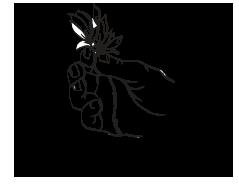


Keen to better help grassroots groups, Jones and Constantine reached out to veteran environmental activist Rebecca Lush (the name is a coincidence). In 2007, the trio developed the Charity Pot, a tub of cocoa-butter hand-and-body lotion, which raises money for a range of campaigning groups.
“We always prioritize small grassroots groups; always ones that are trying to change the world, not patch things up,” explains Rebecca Lush. The entire retail price (minus taxes) of the Charity Pot goes to these groups, who can apply for up to £10,000 a year in funding.
The Charity Pot is Lush’s main source of charitable funds. It raised over £5.5 million globally last year. Over the years, funds have gone to Plane Stupid, a group opposing an expansion at Heathrow airport; London Palestine Action; the Campaign Against Arms Trade; and Disabled People Against Cuts (DPAC), which held the protest at Westminster Abbey, to name a few.
Tom Barns, spokesperson for the Campaign Against Arms Trade (CAAT), tells Quartz that Lush’s financial support helped bring activists from around the country to protest one of the world’s largest arms fairs. CAAT’s week of protests culminated in 100 people blockading the two entrances to the arms fair for five hours.
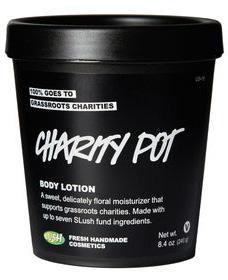
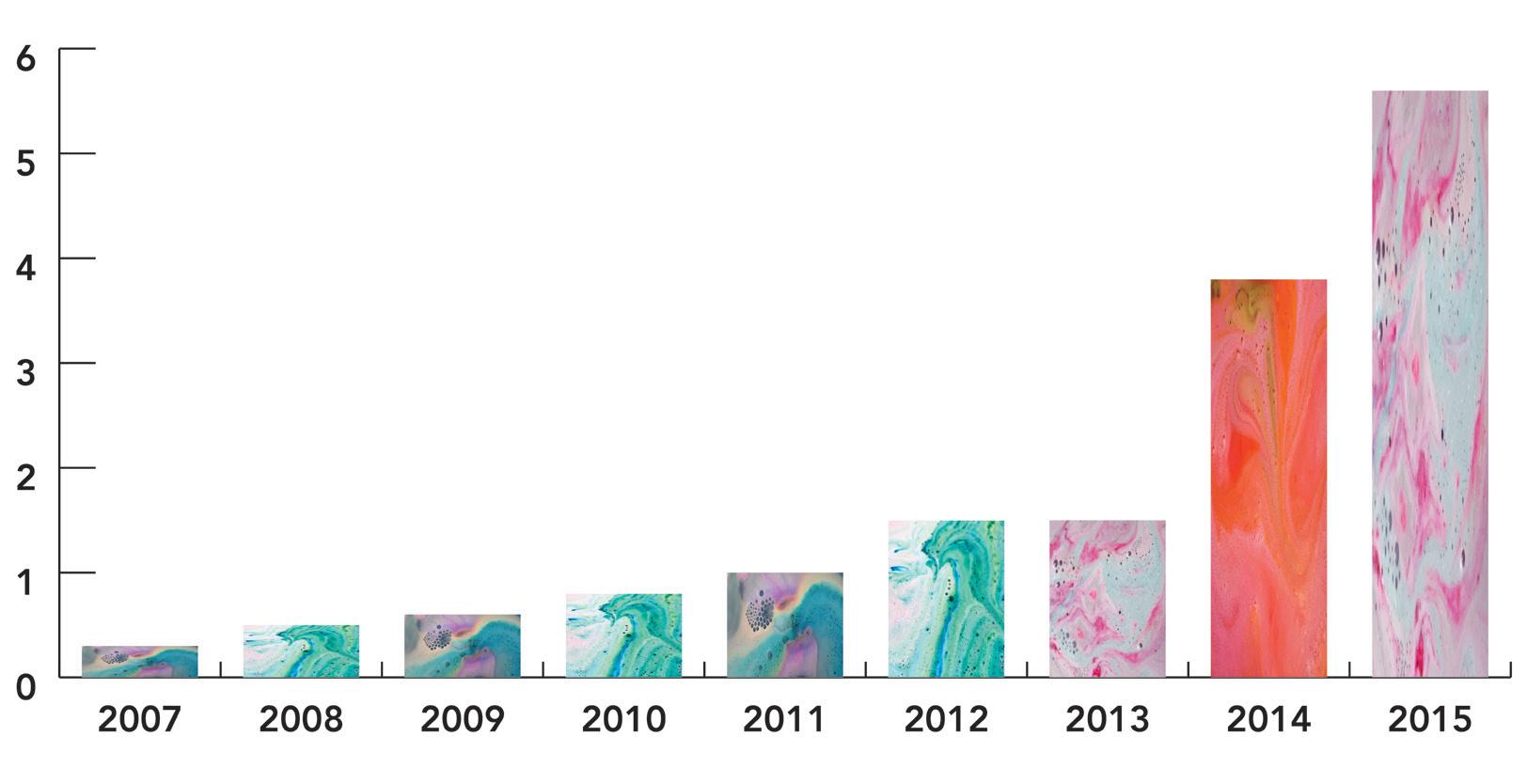
Linda Burnip, founder of DPAC, said Lush’s funding provided assistants and sign-language interpreters for the people attending its protest. “Without the funding I don’t think we’d have been able to attempt our occupation of Westminster Abbey,” Burnip told Quartz. It’s not just the Charity Pot. In a separate budget, the company each year gives away £20,000 each to “10 special groups.” These include Frack Off, a controversial group that led some of the UK’s biggest anti-fracking protests three years ago. Hundreds of people descended on the normally quiet Sussex village of Balcombe to demonstrate against Cuadrilla, which planned to drill a 3,000ft (900m) vertical well to test for oil. The protest lasted for months. Among them was Lush’s head of global campaigns, Tamsin Omond, who would go on to be arrested. The demonstrations cost just under £4 million to police and 126 people were arrested.
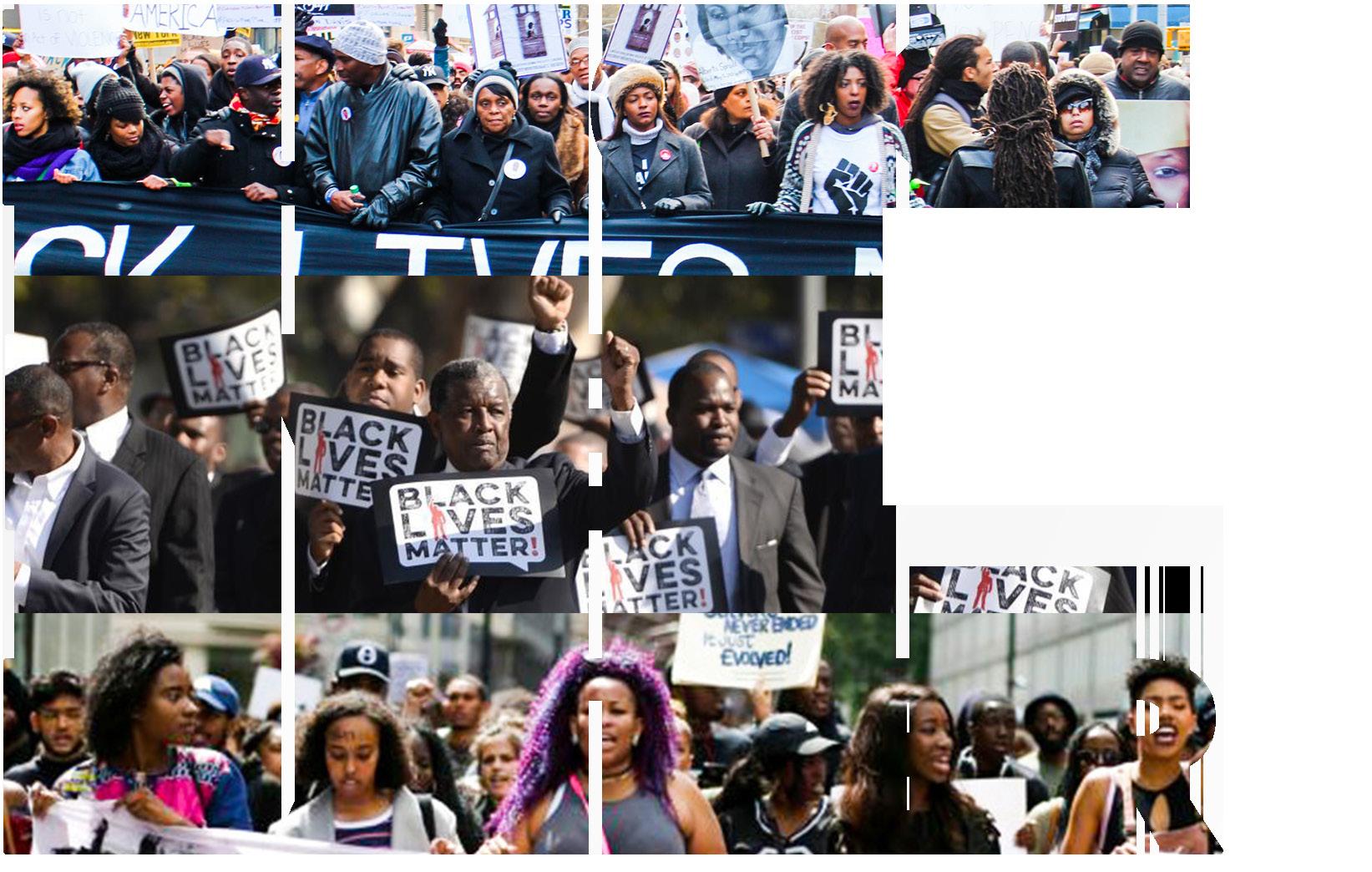
Lush gave 1000£ to London Palestine Action.
Lush also raises money through limited products in partnership with certain organizations. In 2008 it joined forces with Reprieve, a small organization that provides legal support for vulnerable prisoners across the world, to create the “Guantánamo Garden bath ballistic.”
When dropped in a bath, it floated to the surface to display images of British resident Binyam Mohamed and Al-Jazeera journalist Sami Al Haj, both of whom were imprisoned in Guantánamo Bay. Sales of the bath bomb and proceeds from the “Charity Pot” during this campaign raised 45,000 £ for Reprieve. Both Mohamed and Al Haj would go on to be released. Chloé Geoghegan, a spokesperson for Reprieve, says it wouldn’t have been possible without Lush’s “invaluable support.”
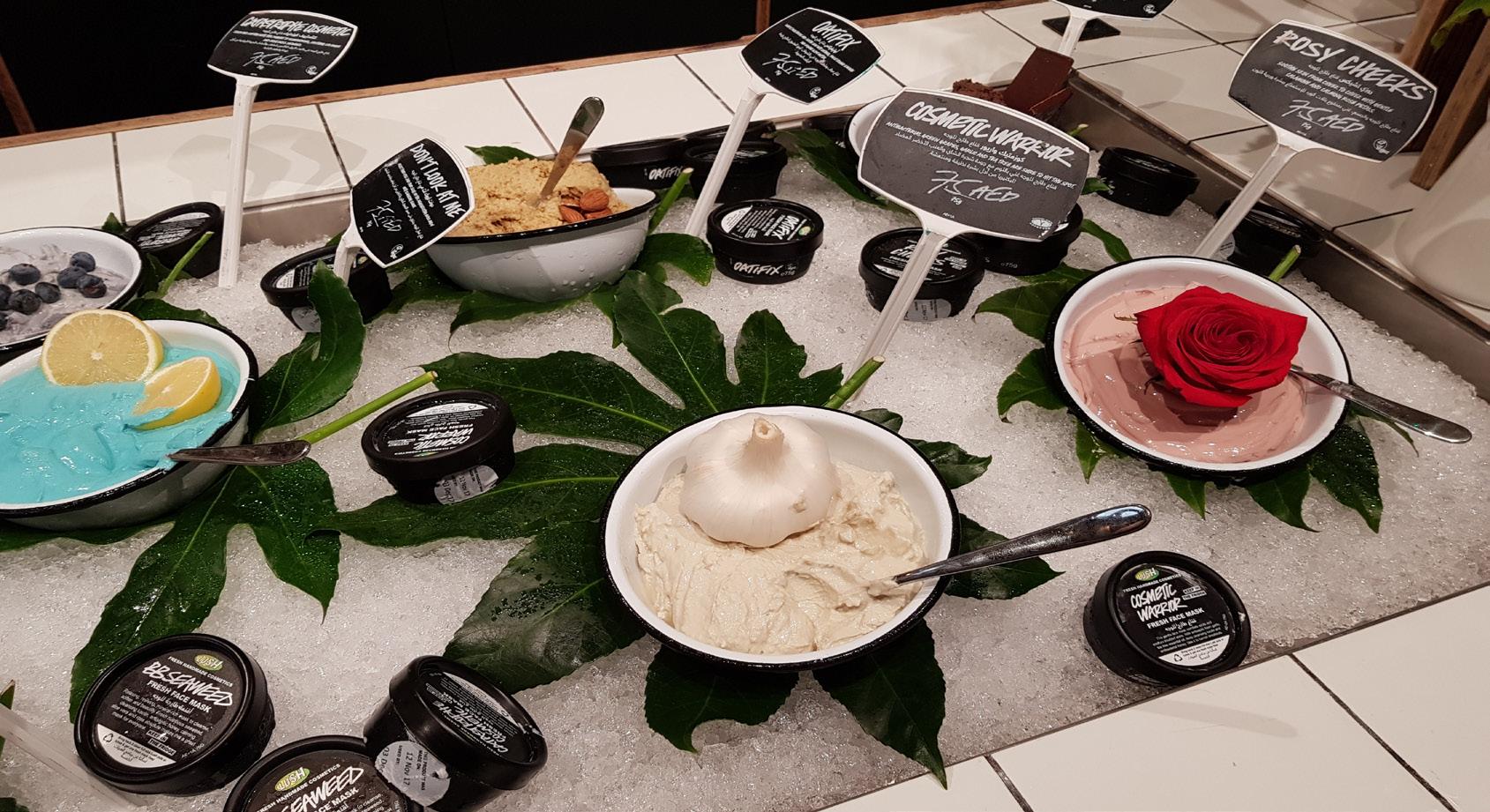
Lush describes eliminating animal testing to be a very personal goal because “we’ve seen it, we know how cruel it is, we know how unnecessary it is, and we know how absolutely unreliable the data that it produces is.” Their ‘Fighting Animal Testing’ logo appears on the label now as well, because it’s one of the biggest campaigns they launched this year—and claim it to be a part of their DNA as a socially campaigning company.
In 2012 we started the Lush Prize, a £250,000 annual prize fund to be awarded to the group or individual scientist that had made a major breakthrough in removing the need for animals in toxicity testing. We see a need for funding alternatives to animal testing more than ever in light of the EU legislation REACH, which still requires certain cosmetics ingredients to be tested on animals. The science needs to catch up and eliminate the need for animal testing altogether.
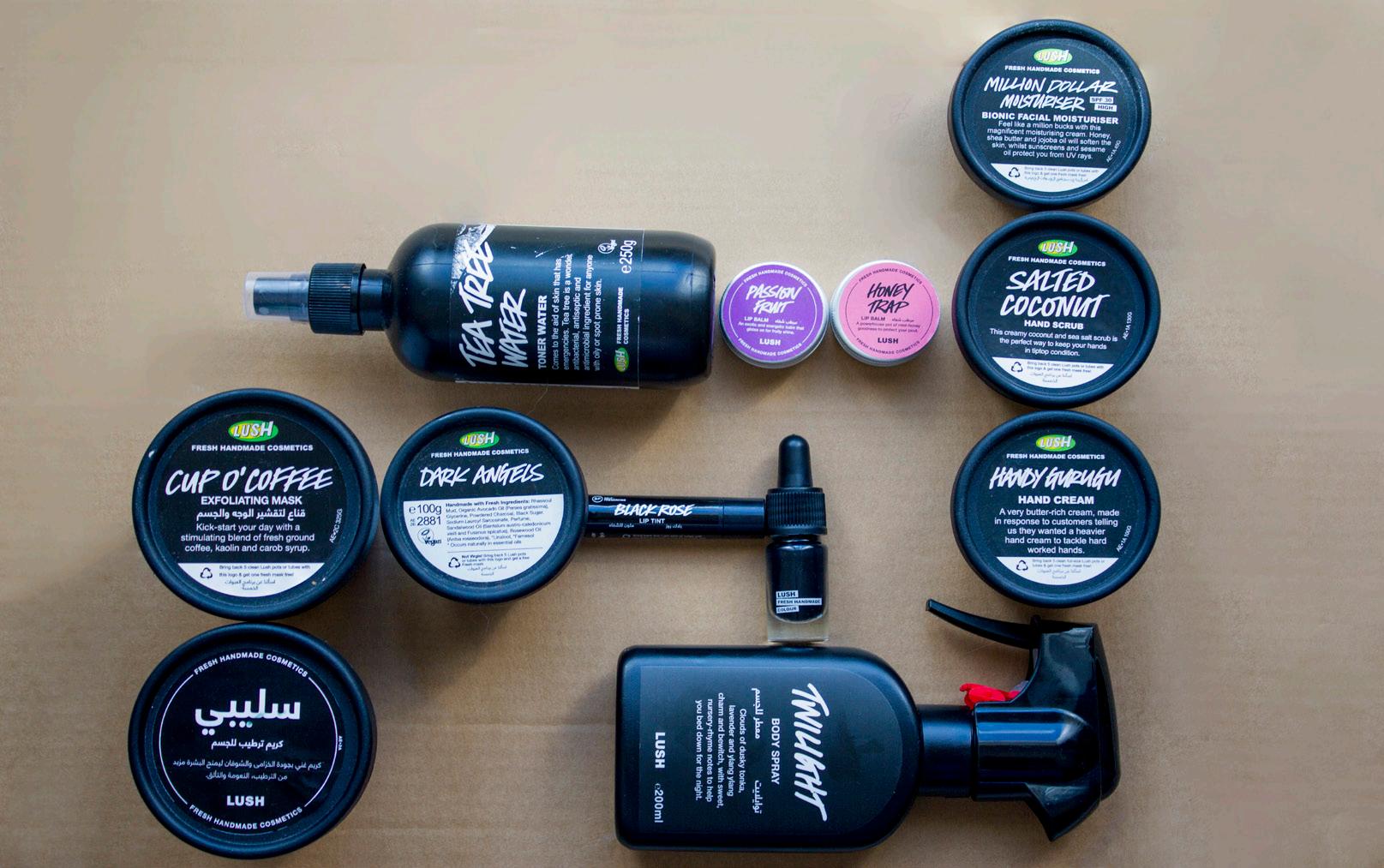
Lush’s passion is to get rid of packaging when designing a product. They use as little packaging in the shops as possible. However, when packaging is unavoidable, they prefer to use recycled materials. 90%, by weight, of the packaging material is recycled and the remaining 10% is being worked on. They would thus eventually like the packaging to be reused, recycled or composted at the end of their lives and aim to have 100% of our packaging recyclable or compostable. Lush’s early packaging process involves the use of natural organic materials. This may have been a leaf. Large enough and freshly picked, a leaf could be both tough and flexible enough to wrap around a piece of meat to keep it free from dirt, or a handful of nuts to keep them temporarily contained. Tough vines or plant tendrils could be used to secure and carry packages.
Once man had developed primitive tools, it was possible to fashion containers from other materials. The gourd, which comes from the same plant family Cucurbitaceae as squash and pumpkins, has a waterproof outer skin and an inside that could be hollowed out, forming a tough, durable container.
A great deal of care is put into buying raw material, they make sure that materials are produced in a sustainable way and avoid methods that aren't. Lush advocates use of healthier substitutes for raw materials, “Palm oil, for example, went into our black book and was replaced by more earth-friendly oils in our soap base. We are now working to remove it from all products, as well as encouraging other companies to do the same.”
Over 70% of their range is self-preserving and they are always looking at ways to improve on that. They strive to continue with putting masses of natural ingredients in their products, dreaming up self-preserving cosmetics, worrying about their environmental impact and working with suppliers to minimise that. Waste and recycling(eco-friendly)
The total recycled content in all Lush packaging is about 89% (including paper bags, aluminium tins, gift wrap, ribbons, boxes, tags and inserts). That means that for every tone of material bought, 900kg come from recycled sources.
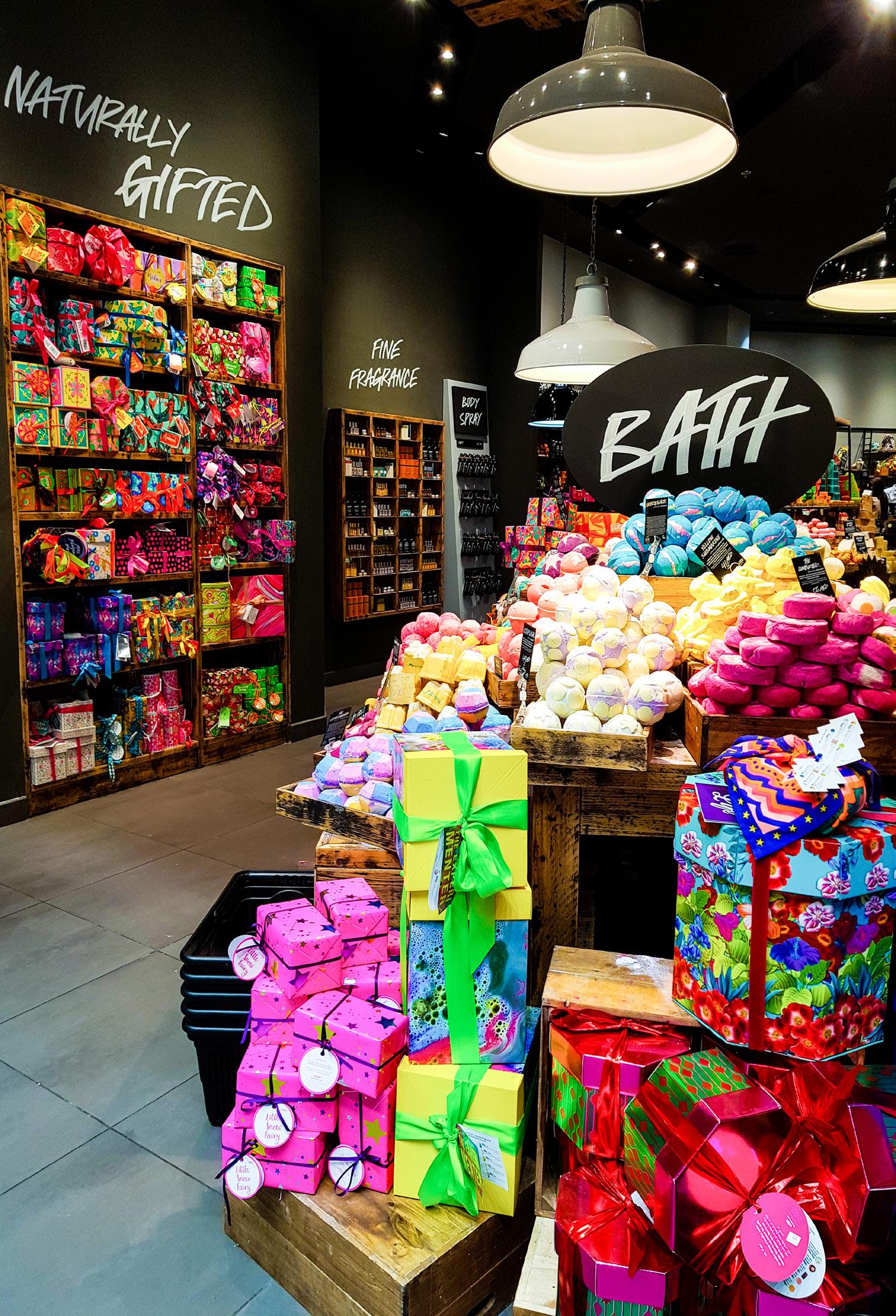
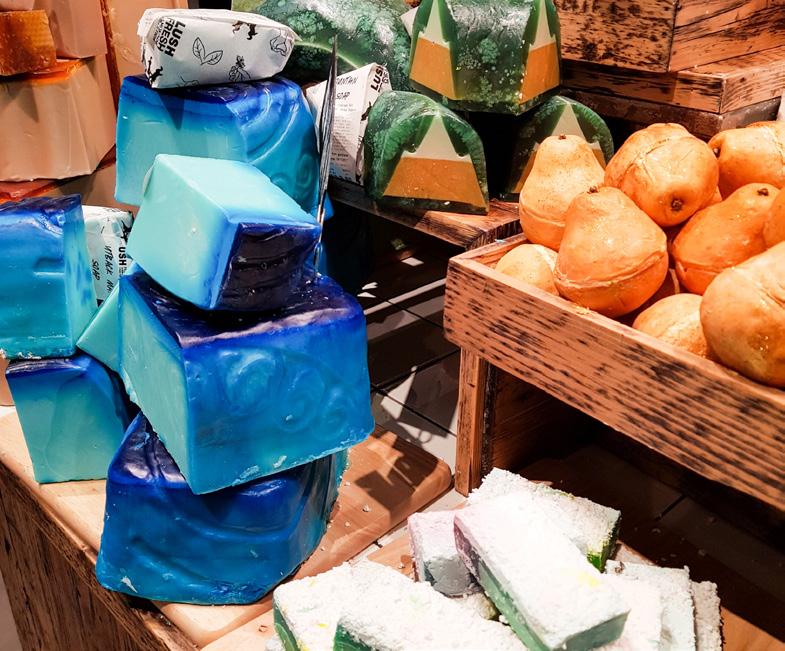
Carrier bags are made with 100% post-consumer recycled paper, saving 100 tonnes of Carbon Dioxide each year
Pots and bottles are made with 100% post-consumer recycled (PCR) plastic, saving about 65 tons of Carbon Dioxide and 90 tonnes of virgin plastic, or 800 barrels of oil, each year.
Gifts are lovingly wrapped with recycled paper and protected using Ecoflow; which is made from potato starch and is 100% biodegradable.
When it comes to plastic bottles, the brand uses 100% post-consumer recycled plastic. These bottles are used for products including The Olive Branch Shower Gel, made with organic olive oil.
With their endeavor to turn bath and cosmetic industry into an environmental friendly trade along with their campaigns on everything from the Syrian refugee crisis to the death penalty, Lush has big plans for the upcoming year. When asked if his primary goal is to sell bath bombs or save the world, Constantine laughs, and then answers, “both.”

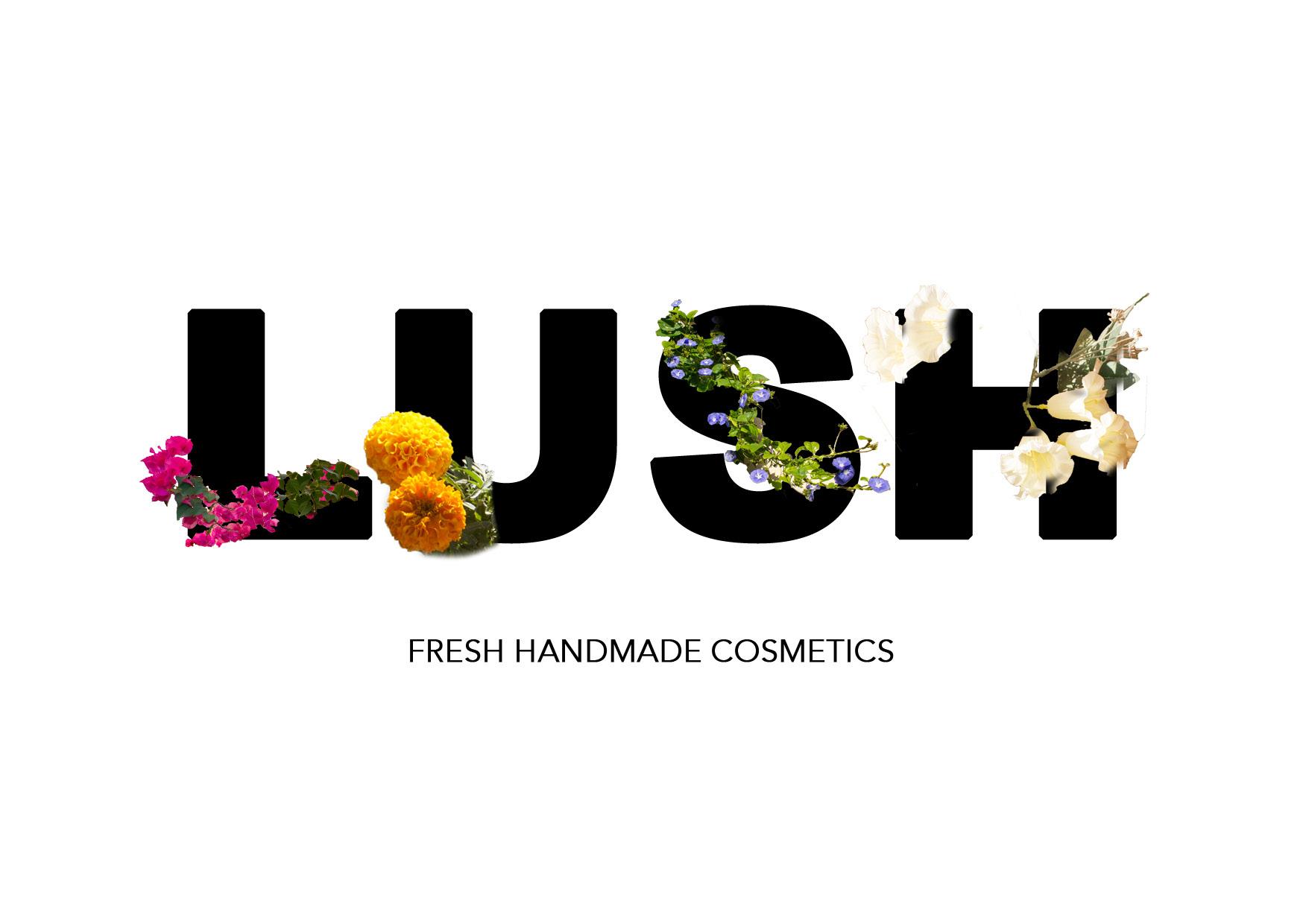
Mohdin, A. (2017). Lush sells bath bombs and cosmetics. It also gives nearly 6£ million a year to far-left groups. [online] Quartz. Available at: https://qz.com/609641/ lush-sells-bath-bombs-and-cosmetics/ [Accessed 4 Dec. 2017].
Lush Fresh Handmade Cosmetics UK. (2017). Our environmental policy. [online] Available at: https://uk.lush.com/article/our-environmental-policy [Accessed 5 Dec. 2017].
Lushusa.com. (2017). Our Green Policy. [online] Available at: https://www.lushusa. com/about-green-policy-intro.html [Accessed 5 Dec. 2017].
Alessandro Commisso, L. (2017). LUSH Takes a Fresh Look at Packaging. [online] Global Cosmetic Industry. Available at: http://www.gcimagazine.com/business/ manufacturing/packaging/168196066.html [Accessed 5 Dec. 2017].
